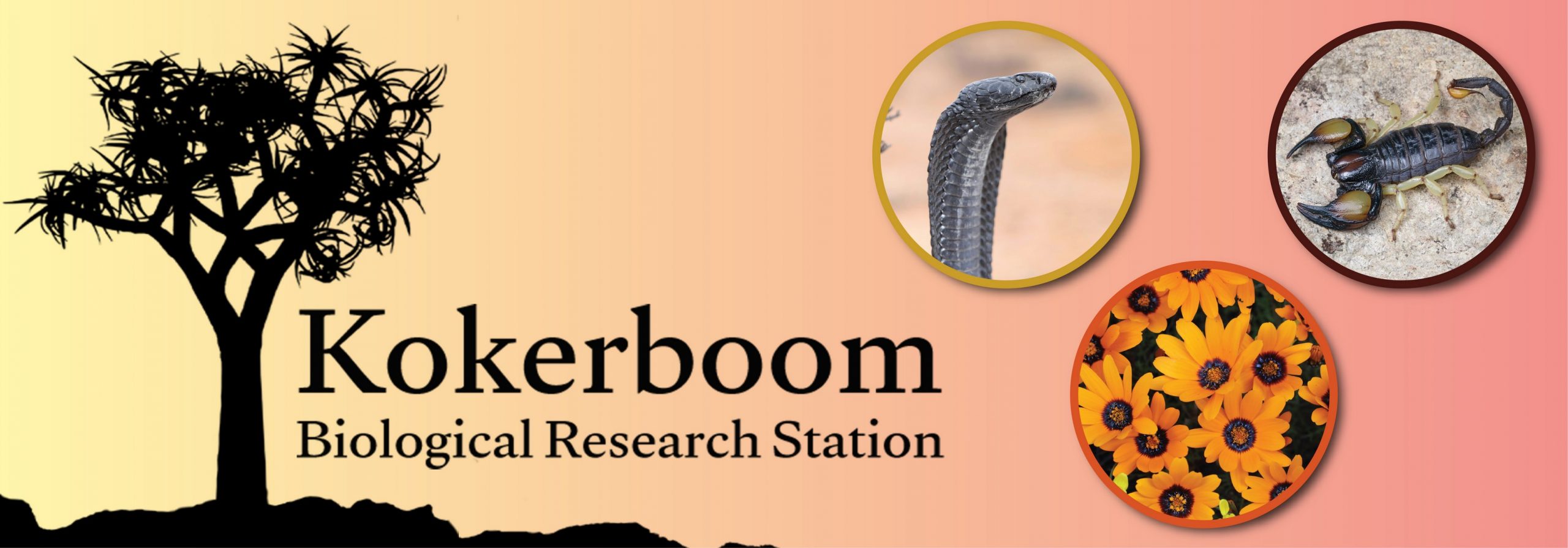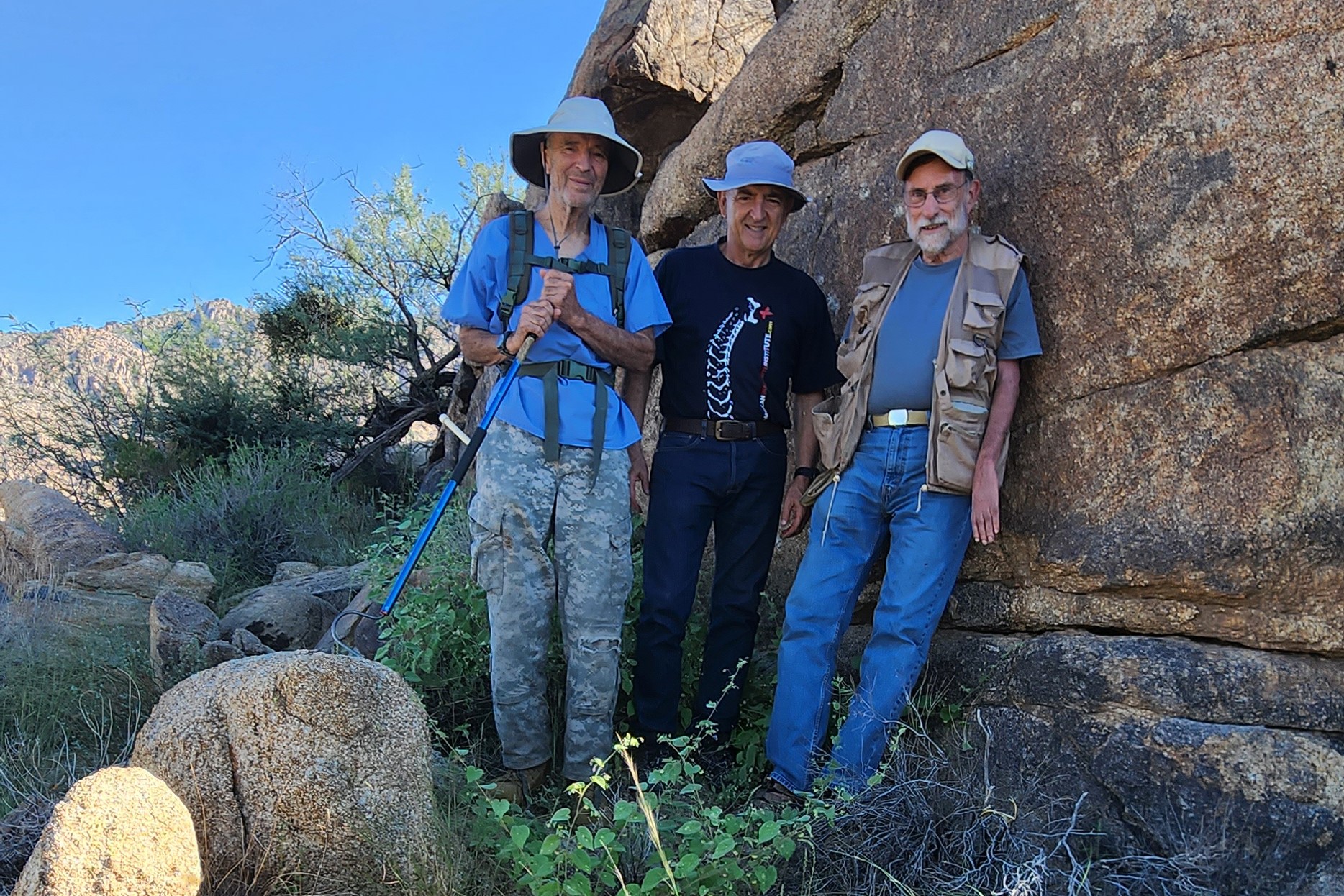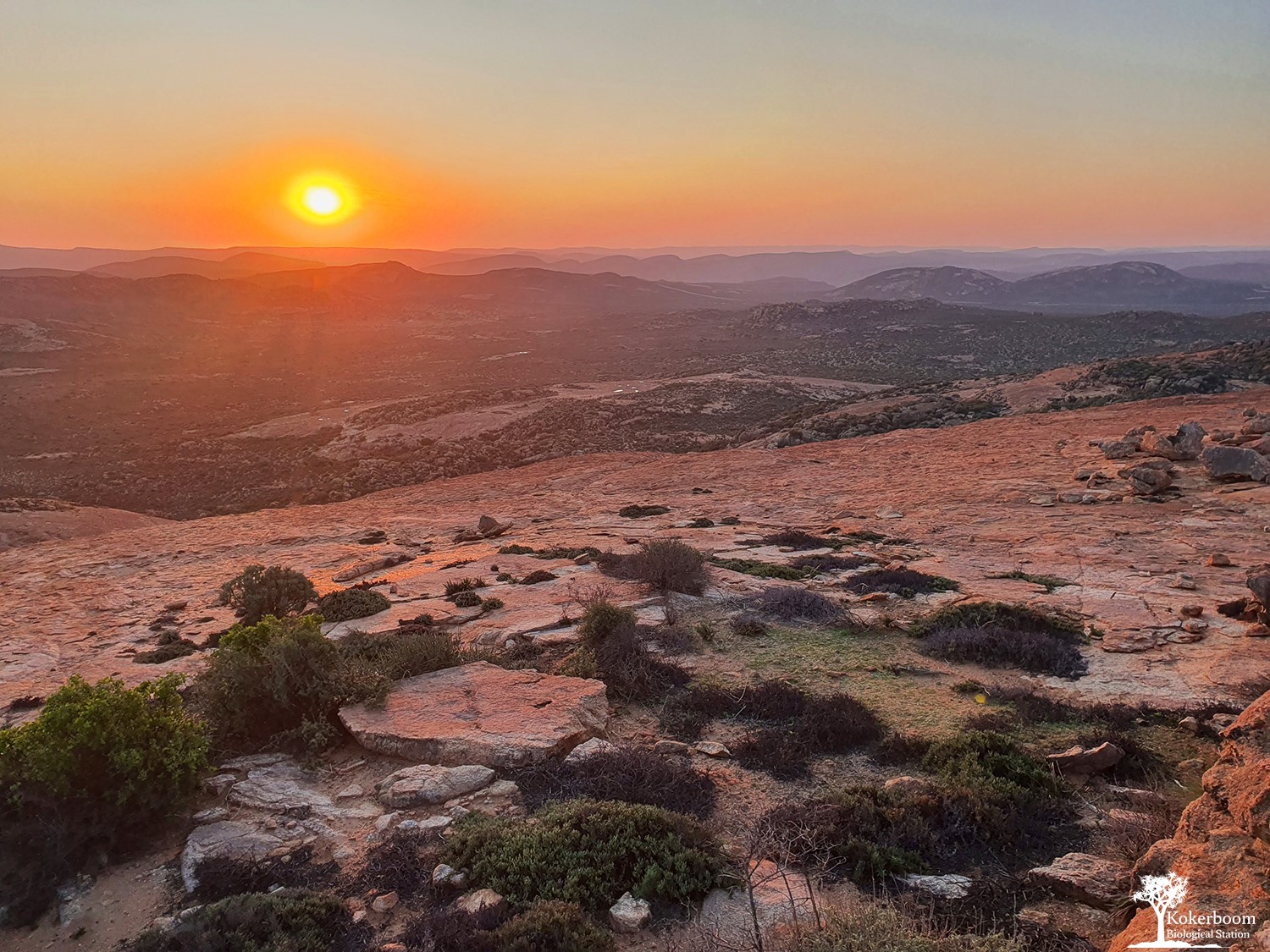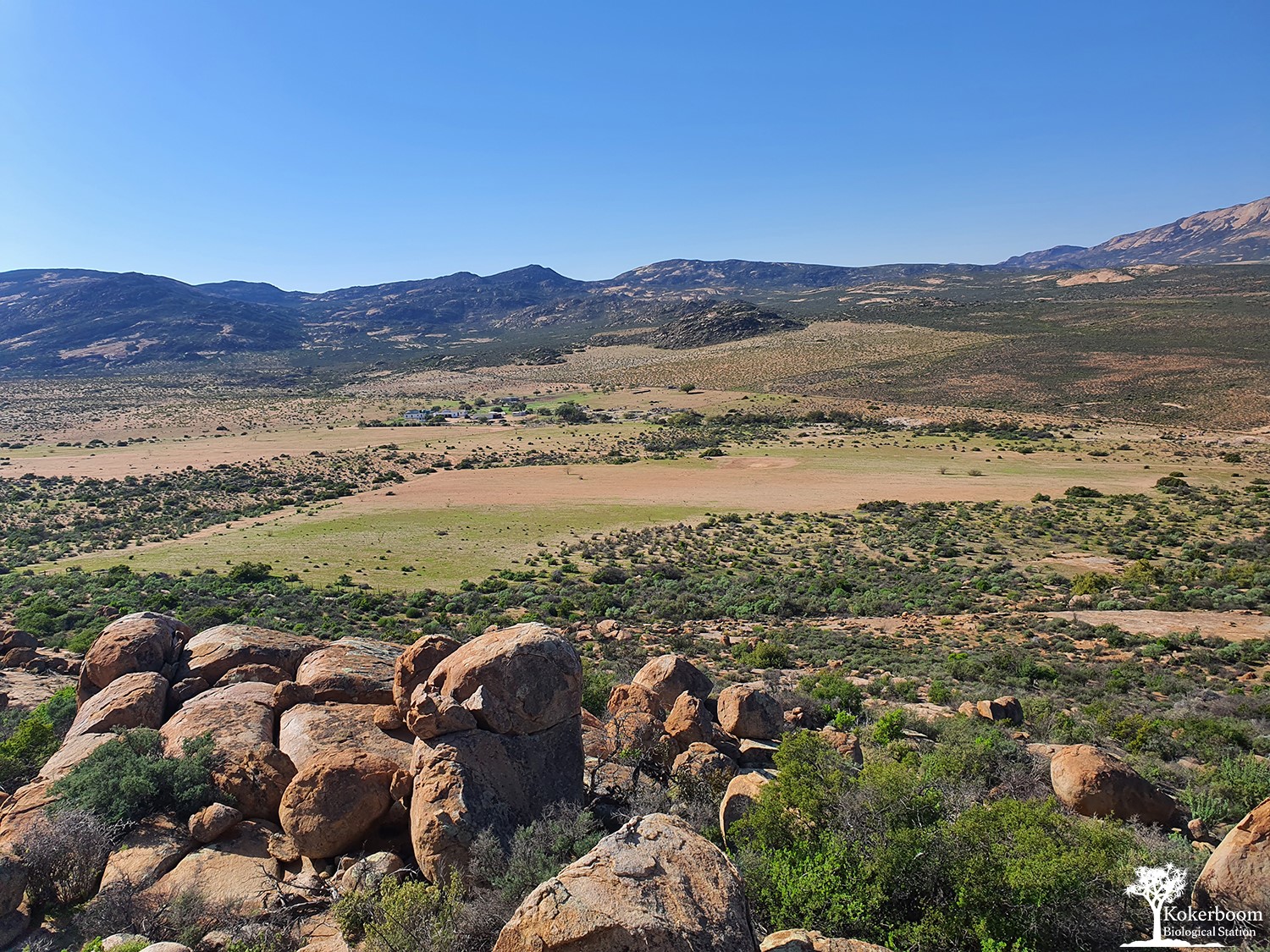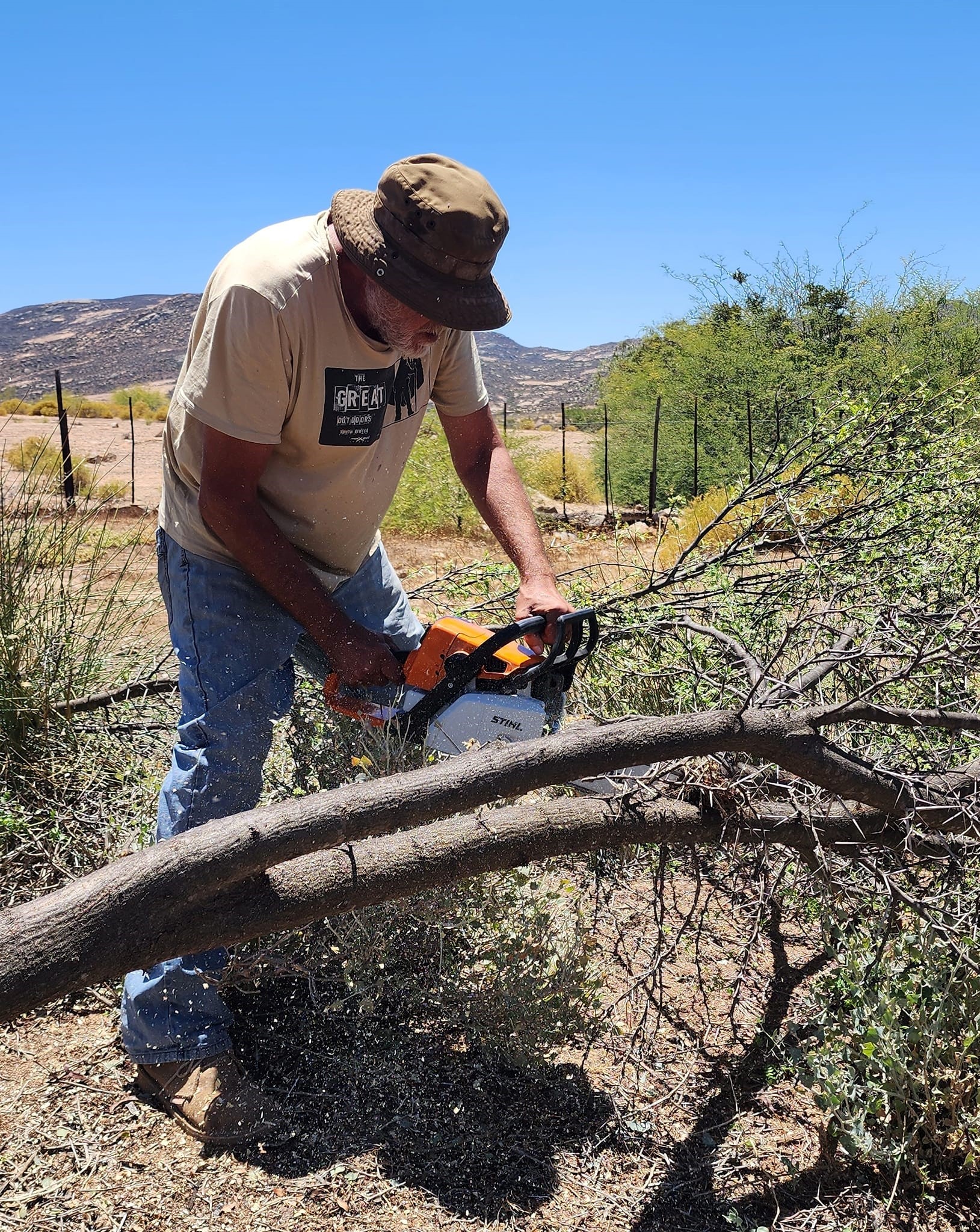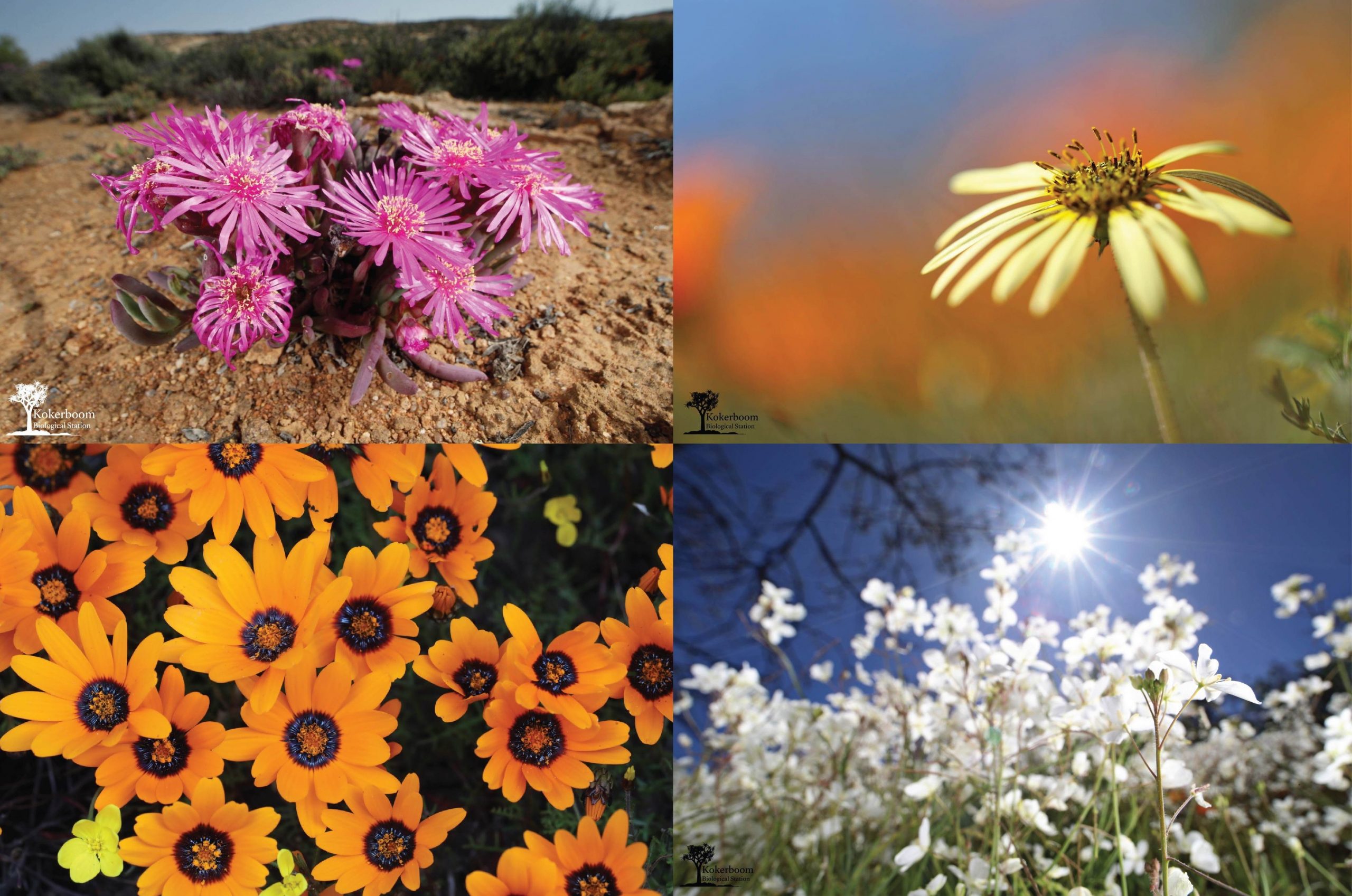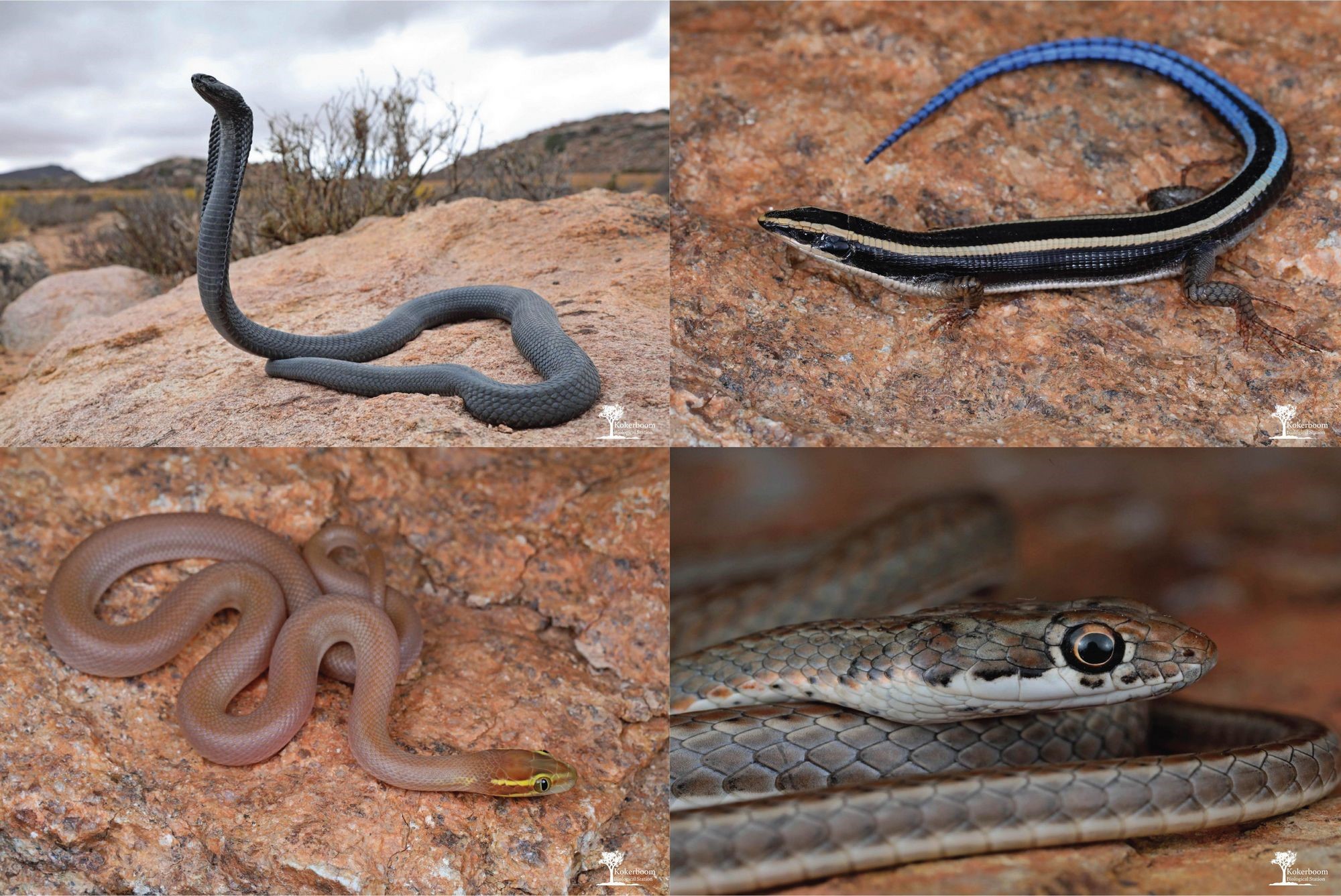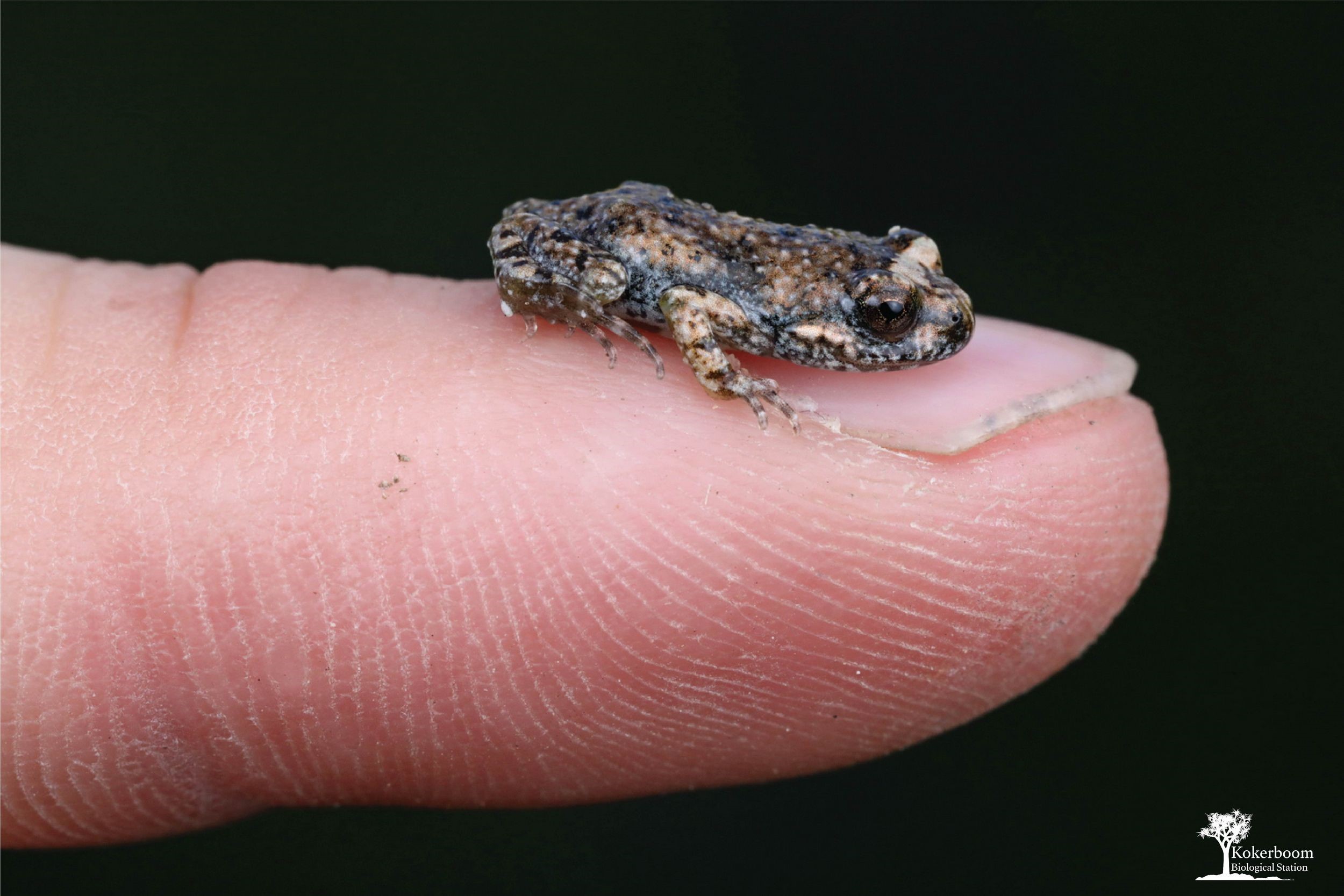The Dream
About seventeen years ago, while on a reptile photography trip with my good friends Paul Moler, Rob Deans, and the late Gordon Setaro, we spent a few days on the farm Ratelkraal near Springbok in Namaqualand. It was a very productive trip and we managed to photograph a wide variety of reptiles including Horned Adders, Many-horned Adders, Spotted Rock Snakes, Common Egg-eaters, Dwarf Beaked Snakes, Beetz’s Tiger Snakes, Cape Coral Snakes, and a variety of lizards including the Namaqualand Legless Skink, Namaqualand Dwarf Legless Skink, Karoo Girdled Lizard, Dwarf Plated Lizard, Quartz Gecko, Barking Geckos, Namaqua Day Geckos, and the list goes on and on.
I jokingly said to Paul that with Namaqualand being such a reptile paradise, we need to purchase a farm and turn it into a dedicated biological research centre. In subsequent years we often discussed this idea of a farm near Springbok, but it was an ambitious dream.


